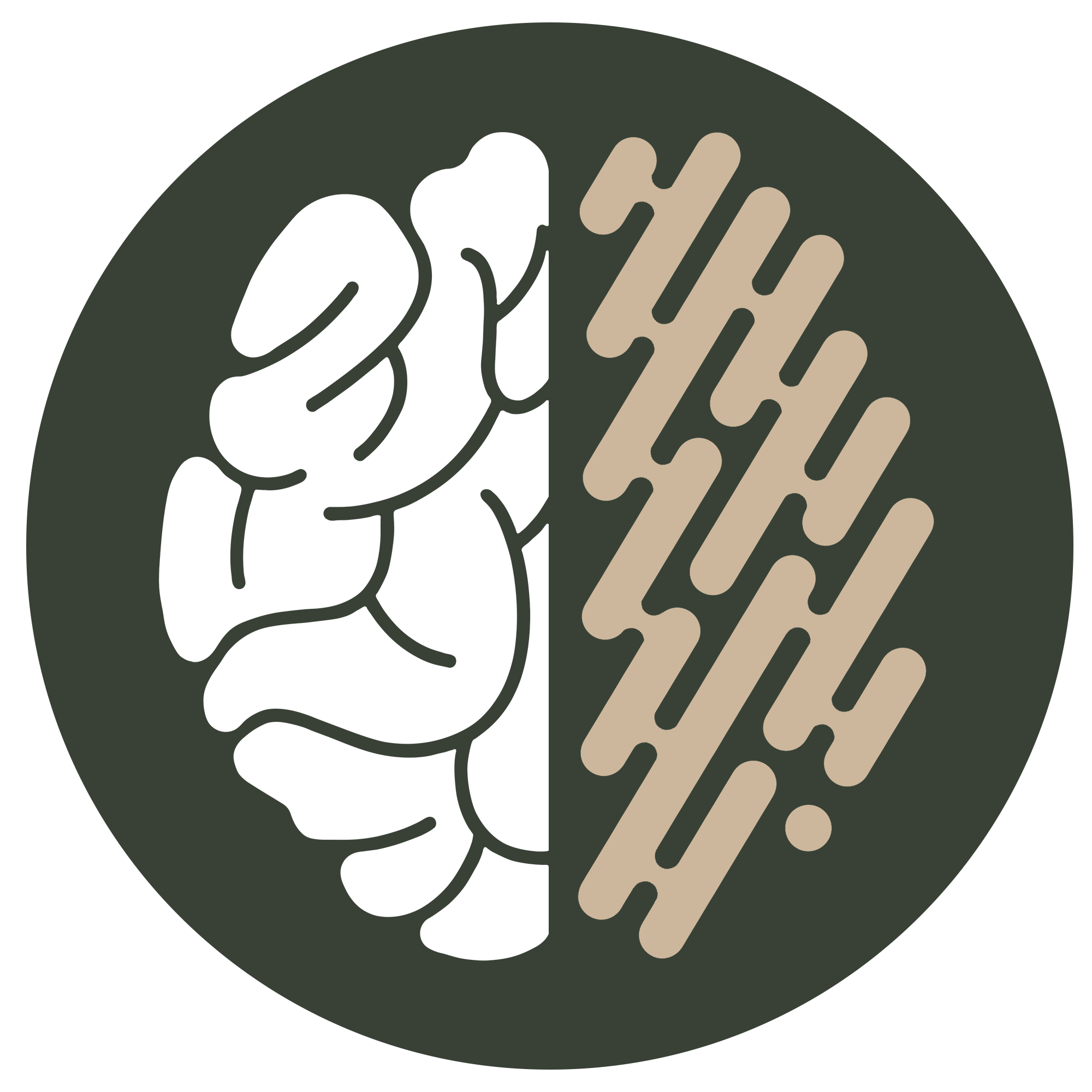In an era where workplace neurodiversity is increasingly recognised, understanding the unique experiences of neurodivergent individuals is crucial. A study by Priscott and Allen (2021) offers profound insights into the experiences of neurodivergent employees in a UK government organisation, particularly focusing on stereotype threat anticipation.
Study Overview of Neurodiversity Stereotypes
The author’s research explores how neurodivergent individuals perceive and react to stereotype threats in the workplace. Delving into the similarities and differences between neurodivergent individuals and those with visible differences. This perspective gives us a unique window into understanding neurodiversity stereotypes in a professional setting.
Key Findings Neurodiversity Stereotypes

- Neurodiversity Stereotype Threat Anticipation: Neurodivergent individuals with invisible differences react the same way as those with noticeable physical differences in response to organisational cues and stereotype threats.
- Impact on Concealment or Disclosure: Neurodivergent individuals become less likely to disclose their differences through fear of stereotyping, concerns for job security or workplace discrimination.
- Organisational Cues and Their Influence: Organisations play a vital role in combatting neurodivergent stereotypes, just as they would for differing ethnicities or genders, etc.
Implications For Organisations:
This study offers valuable suggestions for organisations:
- Stressing the need for improved organisational understanding of neurodiversity and awareness of creating a safe environment for neurodivergent staff.
- The importance of recognising the need for adequate policies to support and manage the unique challenges neurodivergent employees face.
- The benefits of undergoing specific training to improve organisational support and understanding of neurodivergent staff.
This study highlights the need for organisations to enhance their understanding of neurodiversity and neurodiversity stereotypes. In an evolving landscape, with a rising awareness of employee’s neurological differences, organisations play a vital role in fostering a more supportive, inclusive environment.
Will it be challenging? Absolutely. But you don’t have to do this alone; NeuroBridge specialises in supporting organisations to make these crucial changes.
We specialise in harnessing the strengths of neurodivergent individuals and fostering empowering workplace environments, and we would love to hear where your organisation is on its journey.
Resources
Priscott, T., & Allen, R. (2021). Human capital neurodiversity: an examination of stereotype threat anticipation. Employee Relations: The International Journal. https://doi.org/10.1108/ER-06-2020-0304.



